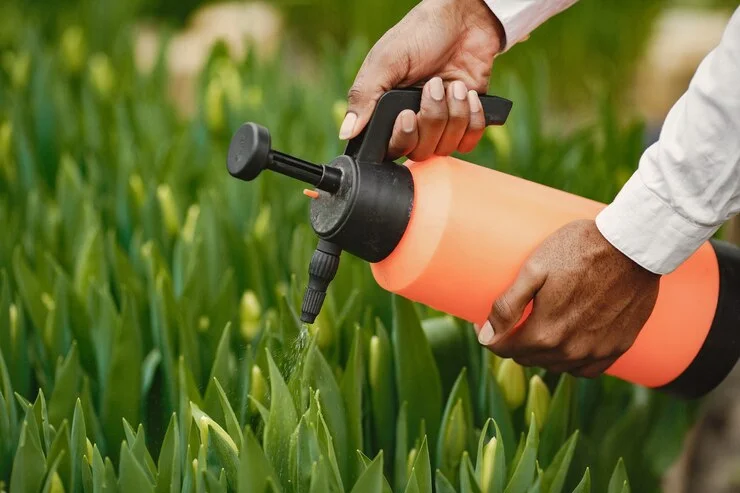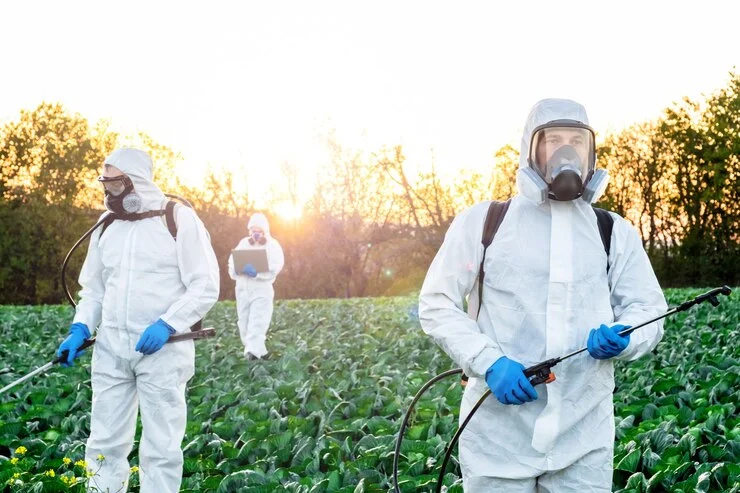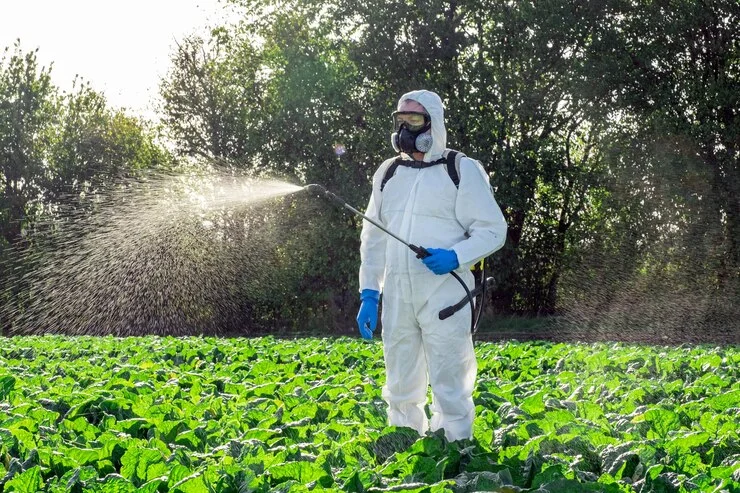-
Govind Bhawan,Kolkata - 700001
Govind Bhawan,Kolkata - 700001

Discover Integrated Pest Management (IPM) and how the Best Pest Control Company in Kolkata employs a comprehensive, eco-friendly approach to manage pests. Learn practical techniques for sustainable pest control.

Pest control is evolving, moving away from heavy pesticide reliance toward Integrated Pest Management (IPM). This approach uses a mix of biological, mechanical, and selective chemical controls, offering a holistic and environmentally conscious way to manage pests. Unlike traditional methods, which focus on immediate eradication, IPM emphasizes long-term solutions that reduce pest problems while protecting health and the ecosystem.
The Best Pest Control Company in Kolkata now widely applies IPM principles, delivering sustainable results while minimizing pesticide use in homes, offices, and public spaces.
IPM is a layered approach to pest control that combines multiple strategies to manage pest populations at tolerable levels. Instead of treating symptoms (visible pests), IPM tackles the underlying causes of infestations, addressing the needs of the ecosystem as a whole.

Using IPM not only protects against pests but also benefits the environment, reduces health risks, and often saves money in the long run. Let’s explore the specific advantages of choosing IPM:
The Best Pest Control Company in Kolkata employs IPM to deliver results that align with these benefits, especially valued by those concerned about health and sustainability.
IPM encompasses a variety of methods to control pest populations, beginning with the least invasive and only resorting to chemical solutions when necessary. Here’s a closer look at the four major categories:
Biological control leverages natural predators to manage pest populations. For example, introducing ladybugs can control aphid infestations, while nematodes can target specific soil pests.
These methods make an environment less hospitable to pests. Adjustments to landscaping, sanitation practices, or storage routines can disrupt pest lifecycles and reduce the attractiveness of an area to pests.
Mechanical controls involve using physical barriers or manual methods to keep pests out or remove them. This could include everything from setting traps to sealing entry points.
In cases where pests are resistant to other methods, carefully selected, targeted pesticides may be used. IPM emphasizes minimal and responsible chemical use, focusing on products that have the least environmental impact.
Each environment presents unique challenges, and IPM can be tailored to meet the specific needs of homes, businesses, or farms.
IPM is well-suited for homes, where minimal chemical exposure is often a priority. Measures like sealing entry points, using traps, and proper waste management reduce indoor pest risks without compromising safety.
Businesses, especially those handling food, benefit greatly from IPM, which combines regular inspections and customized control strategies to ensure compliance with health regulations while controlling pests effectively.
In agricultural settings, IPM supports crop health and reduces pesticide residues in food. Techniques include crop rotation, pest-resistant plant varieties, and biological controls, reducing reliance on harmful chemicals.
The Best Pest Control Company in Kolkata adapts IPM for various environments, providing tailored plans that ensure effective and environmentally friendly pest management.

Prevention is the cornerstone of IPM, aiming to stop pest infestations before they start.
Knowing exactly which pests are present allows for precise treatment.
IPM uses a hierarchy of control methods, starting with the least invasive.
Constant assessment and adjustments are necessary to ensure lasting results.
While certain IPM practices can be managed by homeowners, professionals bring the expertise needed to tackle challenging pest issues comprehensively. Experts from the Best Pest Control Company in Kolkata know the local pest landscape and have access to the latest IPM tools, making them well-equipped to offer reliable and safe solutions.

Q1: What types of pests can IPM control?
IPM effectively manages a variety of pests, including insects, rodents, and plant diseases.
Q2: Is IPM effective for severe infestations?
Yes, while it emphasizes prevention, IPM includes methods to address severe infestations if needed.
Q3: How does IPM benefit the environment?
By prioritizing natural and non-chemical methods, IPM minimizes harmful impacts on ecosystems and promotes biodiversity.
Q4: Does IPM take longer to work than traditional methods?
While IPM’s preventive approach may require time, it offers more sustainable, long-lasting results than traditional pest control.
Integrated Pest Management (IPM) represents a significant advancement in pest control, focusing on safety, sustainability, and effectiveness. By combining biological, cultural, mechanical, and selective chemical methods, IPM creates a balanced approach that minimizes environmental impact and promotes long-term pest management solutions. Choosing a professional provider, like the Best Pest Control Company in Kolkata, can ensure that your pest control plan is not only effective but also aligned with environmentally responsible practices.